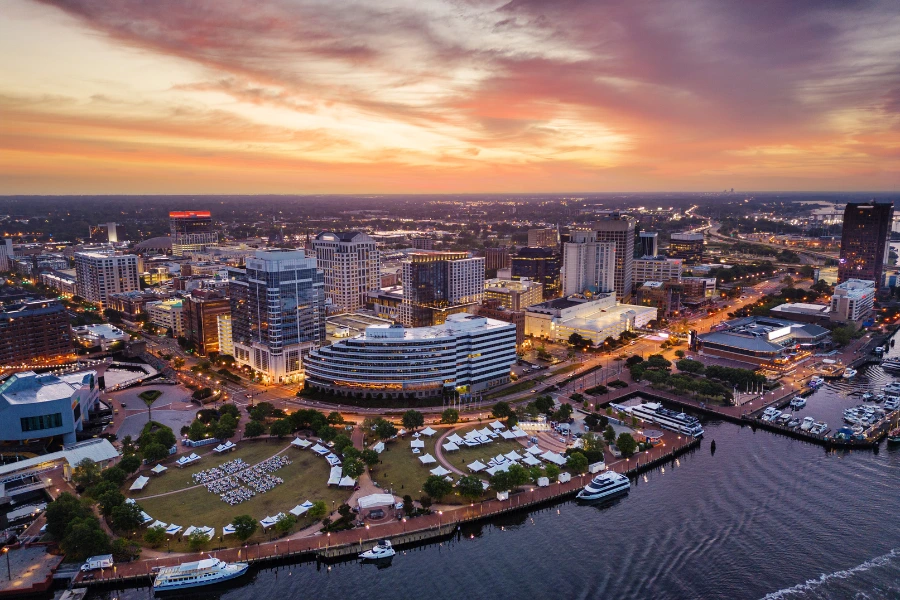This legislative interest, spearheaded by Delegate Paul Krizek (D-Fairfax), reflects a broader movement among states to address the complexities and regulatory gaps in the rapidly evolving fantasy sports industry.
Krizek’s Push for Legislative Change
Krizek, a member of the gambling law subcommittee, has labeled Virginia daily fantasy sports as “a compliance nightmare” and insists that the current regulatory framework requires tightening. In an interview with the Virginia Mercury, he expressed his intent to introduce legislation in the 2025 General Assembly session that would clarify the existing laws and raise the age limit for cash fantasy games from 18 to 21.
His concerns echo those of lawmakers in other states such as Massachusetts, Florida, and New York, who have similarly grappled with the challenges posed by DFS operators like Underdog Fantasy and PrizePicks.
The crux of the issue lies in the operational models of these DFS companies, which Krizek argues are exploiting regulatory loopholes by offering prop bets akin to those found in traditional sportsbooks.
Unlike sportsbooks, which are regulated by the Virginia Lottery and subject to a 15% tax rate on adjusted gross gaming revenue, DFS operators are overseen by the Virginia Department of Agriculture and Consumer Services, paying a significantly lower fee of $8,300 for their licenses. This disparity, Krizek believes, allows DFS operators to bypass the stringent regulations and tax obligations imposed on sportsbooks.
Attorney General Miyares’s Legal Opinion
Virginia Attorney General Jason Miyares has also weighed in on the matter. In a 2023 opinion, Miyares questioned the legality of props-style fantasy sports under the state’s Fantasy Contests Act. He asserted that these contests, where participants compete against the house rather than each other, fall outside the traditional definition of fantasy sports and instead constitute sports betting.
Miyares noted, “A ‘fantasy contest’ is one in which multiple individual contestants earn points based on the statistical, not actual, results of athletes’ performances, and a contestant wins upon garnering more points than the other contestants.” He further concluded that contests hinged solely on individual performance metrics from a single sports event do not meet the legal criteria for fantasy contests.
Ongoing Operations Despite Legal Challenges
Despite Miyares’s opinion, which is not legally binding, DFS operators like Underdog and Sleeper continue to operate under the current licensing framework established by the Virginia General Assembly.
The Office of Charitable and Regulatory Programs (OCRP), which oversees fantasy sports in Virginia, has maintained that these operators are in compliance with state laws. Allison Harris, spokesperson for the Coalition for Fantasy Sports, stated,
“We disagree with the Attorney General’s opinion and look forward to continuing our positive working relationship with our governing agencies in the Commonwealth of Virginia.”
The impending legislative changes could mirror approaches taken by other states. For instance, New York, Florida, and Michigan have outright banned pick’em-style games, while some states have introduced alternative systems that separate DFS from sports betting. Virginia could adopt similar measures or impose the same regulatory and tax requirements on DFS operators as on sportsbooks, though the latter could significantly impact the viability of fantasy sports sites in the state.




